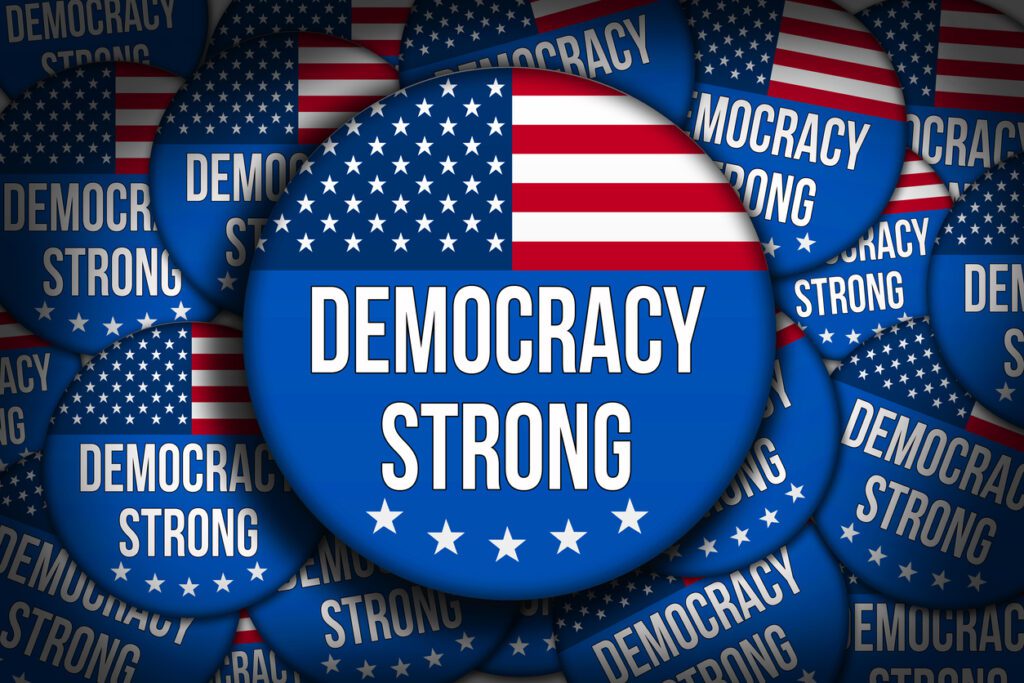Living in California often leaves me questioning my vote’s impact, especially in presidential elections. Despite its crowded influence, California isn’t considered one of the battleground states that can swing the outcome due to the Electoral College system. This feeling is a common sentiment among many voters, driving me to dig deeper into what the Electoral College is all about. Through personal exploration and research, I’ve embarked on a quest to understand why this system is essential and, more importantly, how it represents every vote, including mine. Join me on this journey as we unravel the intricacies of the Electoral College and uncover its significance in shaping our democracy.
The Electoral College, a system that plays a pivotal role in the election of presidents in the United States, is a topic of intense debate. Whether you’re an American voter, a student, or simply someone interested in the political landscape, understanding the Electoral College is not just important; it’s empowering. It’s a mechanism that gives you, as a citizen, a significant role in the election process, and it’s surrounded by both support and controversy.
What is the Electoral College?
At its core, the Electoral College is a mechanism established by the Constitution for the indirect election of the president and vice president of the United States. Instead of voting for a candidate directly, U.S. citizens vote for a slate of electors pledged to vote for their candidate. These electors, selected from each state, then voted for president. Each state has several electors equal to its representation in Congress, and there are 538 electors in total. A candidate needs a majority of 270 electoral votes to win the presidency.
Historical Context
Let’s rewind to the late 18th century when the Founding Fathers crafted the Constitution. They faced the complex task of creating a fair and balanced system for presidential elections. The Electoral College, a system that emerged as a compromise between those who wanted Congress to elect the president and those who favored a direct popular vote, is deeply rooted in the history of U.S. democracy. Understanding this historical context can make us feel more connected to the roots of our democratic system. The idea was to balance the influence of populous states with that of smaller ones, ensuring that no region could wield disproportionate power in the election process.
Balancing Power
One of the Electoral College’s primary roles is balancing power between large and small states. By allocating at least three electoral votes to even the least populous states, the system ensures that smaller states have a voice in the election. This approach helps prevent the interests of densely populated urban areas from overshadowing rural communities in national polls.
Arguments for the Electoral College
Several arguments favor maintaining the Electoral College. Proponents argue that it helps prevent election fraud by having a decentralized voting process across states. Additionally, it reinforces the federalist system by requiring candidates to appeal to a broader range of states and regions, not just those with large populations. This means presidential candidates must build diverse coalitions and address varied concerns nationwide.
Criticisms of the Electoral College
Critics, however, point out significant drawbacks. One of the most contentious issues is the potential for the popular vote winner to lose the election, as seen in the 2000 and 2016 elections. This happens when a candidate wins large states by small margins but loses smaller states by large margins, resulting in an electoral vote victory despite a widespread vote loss. Furthermore, the weight of individual votes can vary significantly from state to state, leading to calls for reform.
Recent Debates and Proposals
In recent years, debates on the future of the Electoral College have intensified, making it an engaging and evolving aspect of U.S. democracy. Some propose reforms, like the National Popular Vote Interstate Compact, which ensures the presidency goes to the candidate who wins the popular vote. Others advocate for abolishing the system entirely, arguing that it no longer serves its original purpose in today’s interconnected world. Yet, any significant change would require a constitutional amendment, a challenging and lengthy process. This ongoing debate underscores the importance of being informed and engaged in our democratic processes, making us all part of the conversation about the future of our electoral system.
Conclusion
Understanding the Electoral College is crucial for anyone interested in U.S. democracy. While it has its benefits, it also faces valid criticisms that fuel ongoing discussions and proposals for change. Regardless of where one stands on the debate, the Electoral College remains a critical element of America’s electoral system and a focal point of our national conversation on democracy. Being informed and engaged in these discussions is not just crucial; our citizens are responsible for shaping the future of our country’s democratic processes.
References:
8 Things You Need To Know About The U.S. Electoral College – 8List.ph. https://www.8list.ph/things-you-need-to-know-about-us-electoral-college/
5 Different Types of Voting Systems – Have Fun With History. https://www.havefunwithhistory.com/types-of-voting-systems/
Thank you for reading this blog post. If you have any questions or comments, please leave them in the Comments section below.
Copyright © 2019. I Don’t Know All The Answers, Nikki Mastro.
All of my photographs and documents are Copyrighted.
The main photo included in this blog post is from the iStock.com library.
No part of this website, including text, photographs, and documents, may be reproduced, stored in a retrieval system, or transmitted in any form or by any means without written permission from the copyright holder. All unauthorized use is strictly prohibited. If you choose to copy or share any information from my site, you must provide a link to the source. I appreciate your cooperation.
For further information concerning “I Don’t Know All The Answers.”
– Website and Blog: https://www.idontknowalltheanswers.com
– Facebook: https://www.facebook.com/Nikki.L.Mastro/
– Instagram: https://www.instagram.com/i_dont_know_all_the_answers/
– Linkedin: https://www.linkedin.com/in/nikki-mastro-05455a3a/
– Youtube Channel: https://www.youtube.com/@idontknowalltheanswers1954

